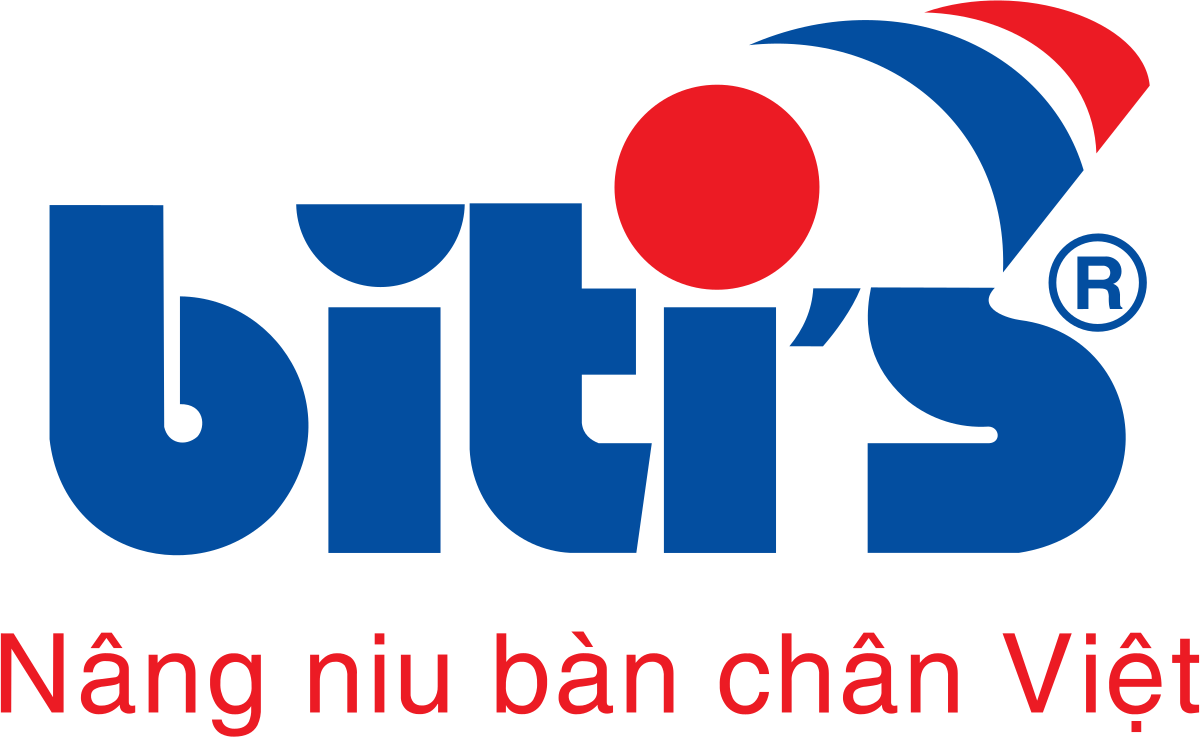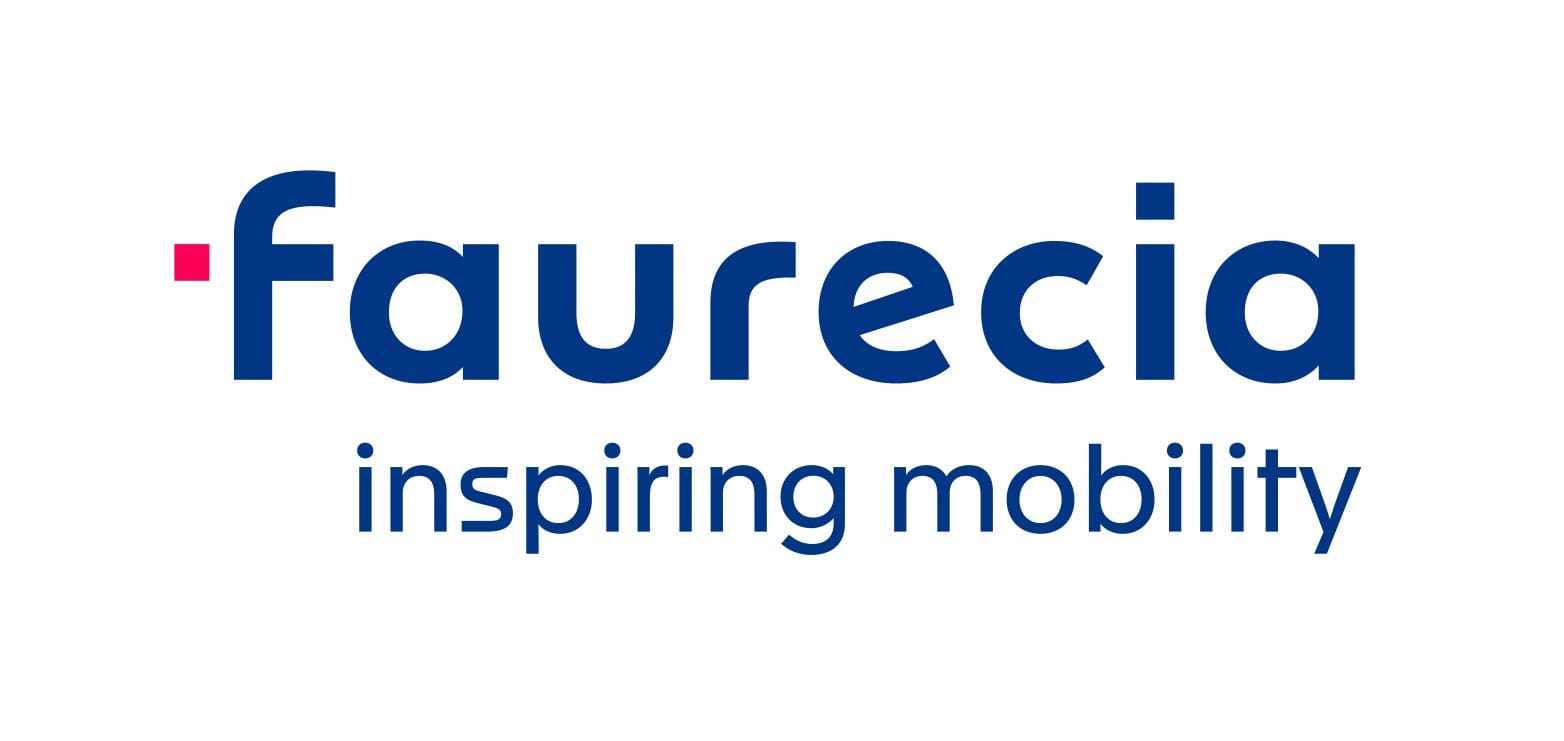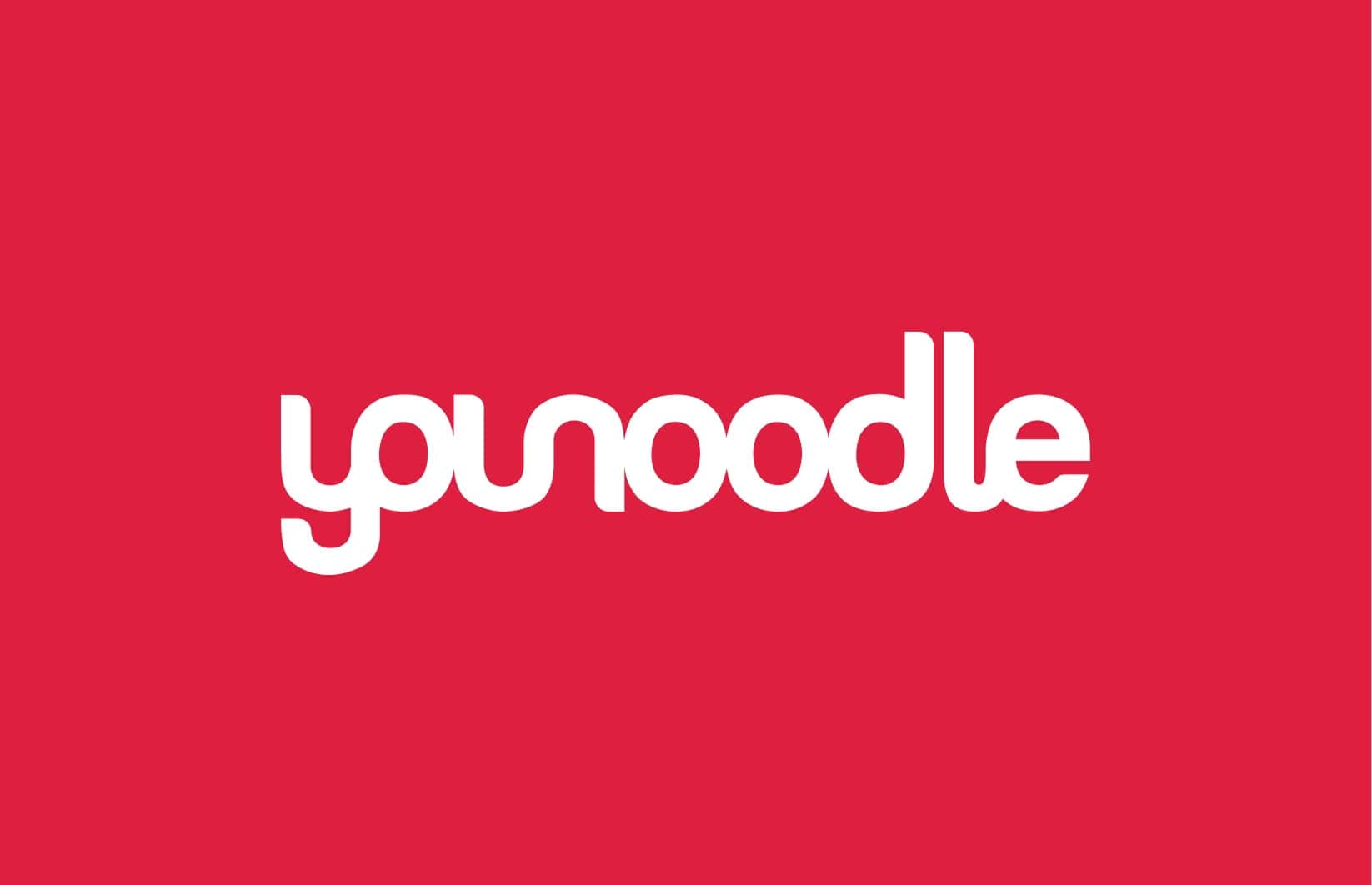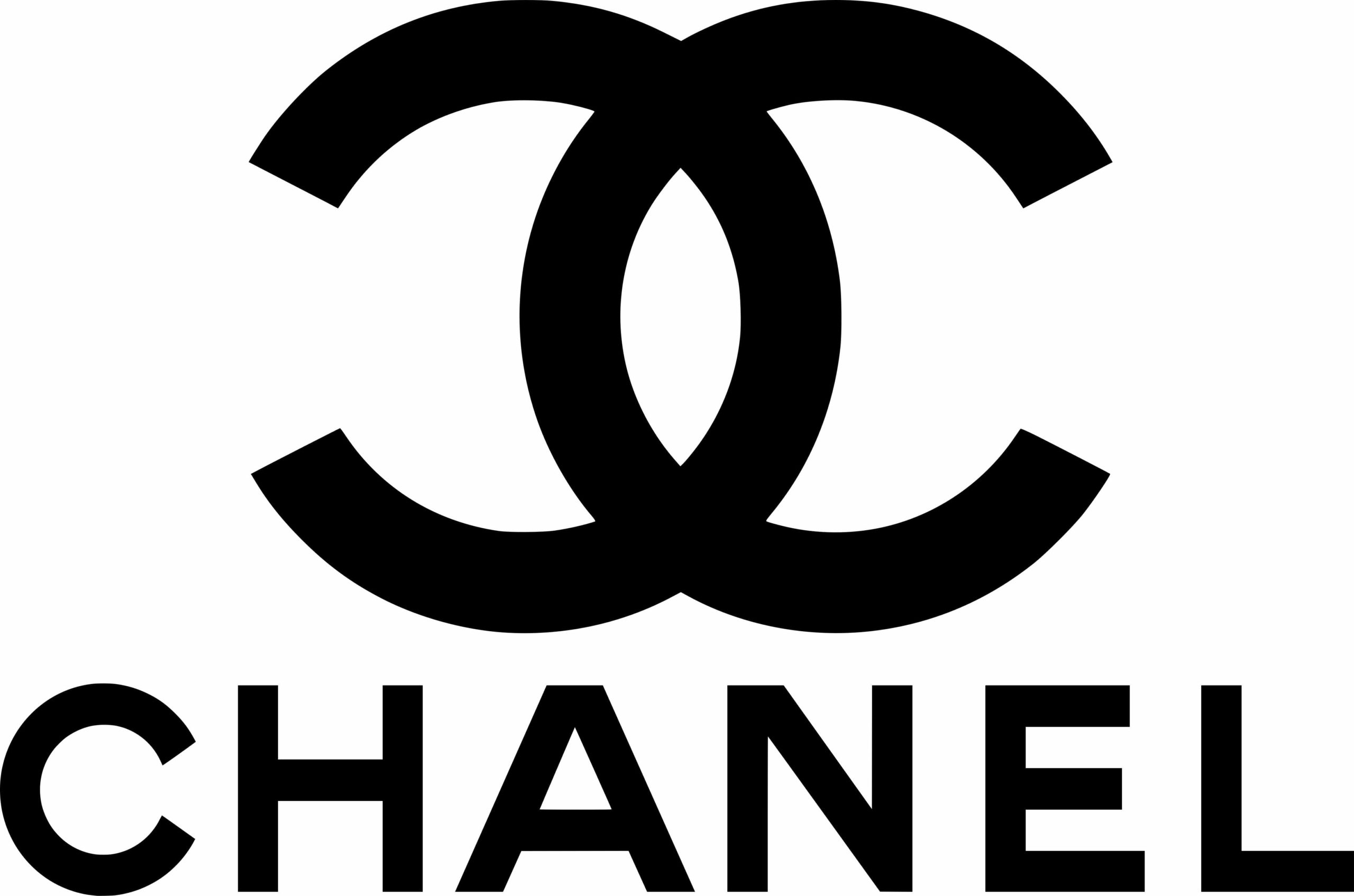Summary
A 12 -month program, including a preliminary 3-month startup incubation phase to support local initiatives focusing on reducing plastic pollution in Savannakhet Province, Lao PDR.
Spearheaded by the United Nations Development Programme (UNDP), with support from the Norwegian Ministry of Foreign Affairs and the Norad – Norwegian Agency for Development Cooperation, EPPIC is an ASEAN-wide competition calling for innovative ideas to tackle plastic pollution in the region.
In 2023-2024, Schoolab was commissioned by UNDP Lao PDR to design, run and facilitate both phases of the program implemented in Kaysone Phomvihane city: a 3 month-incubation phase, and a 9 month acceleration follow up support.
Schoolab’s mission throughout the incubation phase included 3 steps:
- Design the incubation and training program to adapt it to the local context of Lao PDR and plastic specific challenges, as well as supporting the selection of innovative ideas to join the program.
- Train the entrepreneurs in refining their ideas into a commercial prototype and find a viable business model.
- Prepare participants to pitch at the competition finally and organize a public showcase event during which the competition winners would be selected.
In the first step of the incubation phase, Schoolab worked in close collaboration with multiple plastic experts in Lao PDR and the ASEAN region to design a tailored support program. Adapting our content to the local understanding of the pollution problem, as well as the business culture was one of our focuses. Our team also took into consideration the maturity of the innovation and entrepreneurship ecosystems in Lao, which in 2023 is still at its nascent stage.
Schoolab supported UNDP’s startup sourcing campaign and the selection of the projects that had the highest potential in terms of impact and business growth. In the end, 7 idea-stage projects were selected to join the 3-month incubation phase. Our incubation team interviewed the participants to adjust the program to their specific needs in terms of training and idea development.
For the second step, our team implemented a support and training program focused on supporting the startups to better understand their market, the challenges ahead, and to land on a detailed solution, backed by a business model and business plan.
At the end of the incubation, the 2 most viable and impactful solutions were selected to go on to the acceleration phase and received $18,000 funding to develop a functional prototype and generate first sales. The winners were selected in January 2024, and the acceleration phase is still ongoing and due to finish in the summer 2024.
Plastic Pollution context in Savannakhet, Lao DPR
EPPIC is a regional program that has been implemented in coastal areas. Indeed, plastic waste tends to end up in rivers and ultimately in the ocean, concluding with the unavoidable risks for marine life and human health.
Back in 2021, Kaysone Phomvihane city, the capital of Savannakhet province, was awarded an Environmentally Sustainable Cities Certificate of Recognition after it implemented a prototype urban plan in line with the ASEAN environmental sustainable development model.(1) Being a fluvial city going under rapid growth, it was the perfect location to implement EPPIC in Lao.
There are some ongoing initiatives to promote environmental awareness in Savannakhet, such as the Savan FunFest and model schools. Segregated waste bins in tourist areas aid effective waste management, collaborations with UNCDF, DCYA, and others drive environmental projects. And local authorities prioritize awareness and behavior change among households, especially those near water bodies. However, plastic pollution still represents a significant challenge in the province and despite recent improvements in waste management, recycling rates remain modest, currently stabilizing around 5-7%.
Only around 50% of households have garbage collection contracts, contributing to widespread littering, particularly along rivers. During festivals, waste accumulation peaks at up to 60 tons per month. Limited awareness among locals about the harmful effects of plastic exacerbates the issue, compounded by opaque waste collection fees and the closure of recycling shops, leaving only 5 officially licensed shops in the city, down from 43 previously.(2)
Sources:
(1) Vientiane Times (2022) – “Two Lao towns win Asean Environmentally Sustainable Cities awards”.
(2) UNDP and Schoolab led research, 2023.
Cohort on-boarding and leveling a common knowledge base
During the initial onboarding phase, coaches and trainers met with the finalists to conduct a first assessment coaching session. The objective was to understand their solutions, assess their business status, establish OKRs (Objectives and Key Results) for the program, and identify challenges and support requirements. Consequently, the training content and activities of the program were tailored to address the genuine needs of the participants.
Following this assessment, Schoolab wanted to insure that all the teams, with varied maturity levels, solution approaches, and physical locations, would start the program with a common foundation in innovation processes
To do so, our team organized a 3-day online bootcamp to kick-off the incubation phase. This bootcamp focused on Design Thinking and Lean Startup principles as essential pillars of innovation. The training covered the following topics:
- Entrepreneurship mindset: Design thinking & Lean startup introduction.
- Exploring validation of problem/solution tools (desk research, stakeholder map, user centric interviews).
- A practical application of Schoolab’s observation and empathy tools, for the entrepreneurs to gather local insights.
- Observation restitution session (persona, journey map) and defining a problem statement.
- Design the value proposition
- Practical application on how to test the value proposition
The bootcamp concluded with each startup holding a clear value proposition to test and refine throughout the program.
In addition to this bootcamp, the participants had access to Schoolab’s digital innovation training, an e-learning track to access the tailored content at any given time of their projects.
A field trip to Savannakhet
As any innovator will agree with, the first and most crucial step of the innovation process is to understand one’s market, its context and its challenges.
Schoolab, in collaboration with UNDP, organized a 3-day field trip for the startups coming from all corners of Lao PDR to visit Savannakhet province. As the participants quickly came to learn, going to the root of the different challenges causing plastic pollution was essential to build the backbone of their projects. It allowed them to interact with direct stakeholders of their projects, validate hypotheses and test very early on prototypes.
The field trip included activities such as:
- Meeting with Government Officials of the Ministry of Natural Resources and Environment (MONRE) and its Provincial Office (PONRE).
- Visiting key players of the waste management supply chain (cleaning and waste collection companies, recycling centers, landfills,…), such as Savan Center or Oudomsouk Company, and local rivers like Huay Khilamung and Huay Longkong.
- Stakeholder in-depth interviews and workshops to process learnings and fine-tune innovative solutions.
- And ended with a ‘crash-test’: mock-pitch in front of PONRE representatives, to train the teams to pitch and get jury feedback.
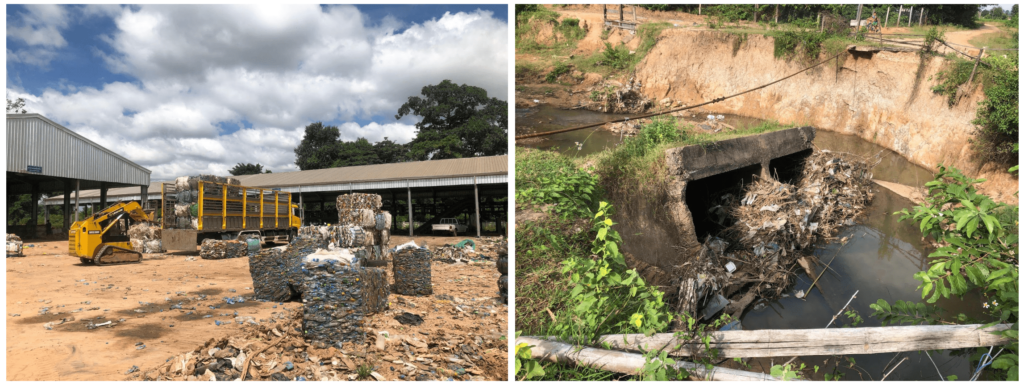
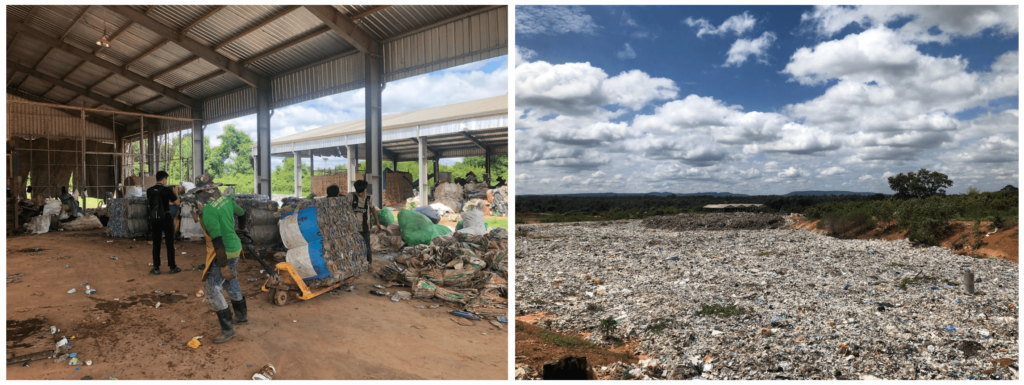
Credit: photos taken by Schoolab teams on the 2023 EPPIC field trip to Savannakhet.
An intensive collective and customized support throughout the program
Overall, this intensive training program provided participating startups with a comprehensive support system. Schoolab designed a cohesive and modular experience to suit various startups’ needs, including:
- Intensive Training Bootcamps: Experts from Schoolab conducted two to three-day training bootcamps – one at the beginning of the program (see ‘Cohort on-boarding and leveling a common knowledge base’ above for more details) and a last sprint bootcamp at the end of the program to equip startup founders with the skills to deliver compelling pitches and secure partnerships with potential investors and collaborators.

- Coaching activities: A mix of individual and group coaching sessions to provide general and personalized guidance, support, and mentorship throughout the program. Collective sessions comprised workshops to engage on global training (ideation workshops, MSP/MVP and product development, business model design, growth hacking…). They are also the time for all participants to support each other in their projects, find mutualized resources and connect each other to solution providers. Individual sessions addressed specific challenges of each project, and assessed their business growth strategies. Finally, participants also benefited from expert reviews on specific topics, gaining concrete feedback for continuous improvement.

- Collaboration and Networking opportunities: the startups participated in joint-sessions with the EPPIC Cambodia cohort, facilitating knowledge sharing and collaboration between founders. Crash test sessions also provided the opportunity for expert feedback on pitches, and meeting potential investors, as well as law and decision makers onboard.
A final pitch competition
The incubation phase was finalized in January 2023, with a pitch competition where all 7 startups presented their ideas to members of MONRE, PONRE, UNDP Lao PDR, and other investors and key stakeholders.
The final projects
Waste Collection and Removal
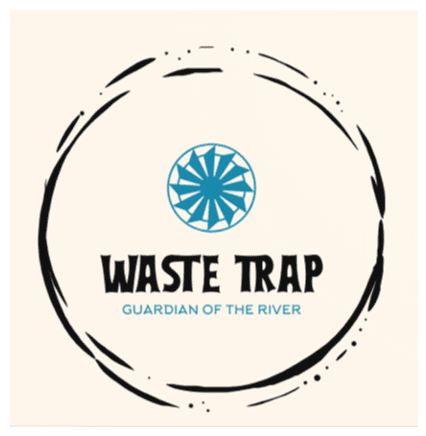
Waste Trap: provides an end-to-end river-bound plastic management solution leveraging local Lao innovation technology to screen and collect plastic waste from the canals and rivers. They aim to clean the Mekong river from wastes damaging water quality and creating floods while also creating value out of ocean-bound plastic.
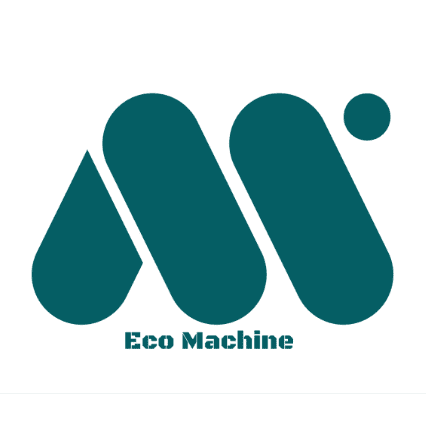
Eco Machine: this team developed a revolutionary solar-powered device that captures and removes a wide range of waste materials, including plastic, foam, leaves, and other debris, from flowing water sources. Their focus on renewable energy ensures a sustainable approach to waste collection.
Giving Plastic a Second Life
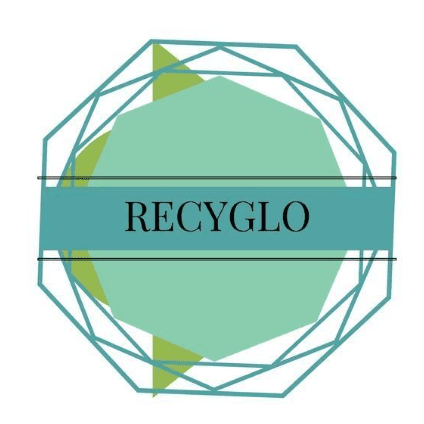
Recyglo: This program introduces a community exchange program using electric vehicles to collect and swap used plastic and fashion items in Savannakhet Province. Their “Donate 2 Items and Get 1 Item” initiative, supported by CSR funding, encourages residents to participate in extending product life cycles, hence reducing reliance on new plastics and their environmental impact.
Capturing Value from Plastic Waste
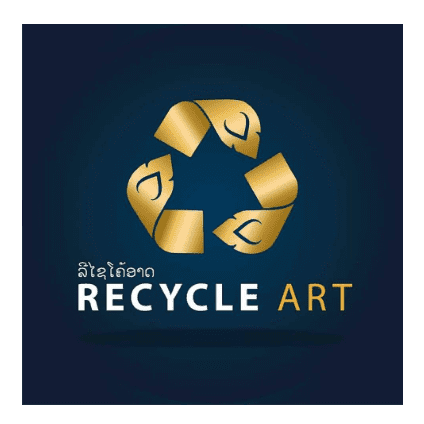
Recycle Art: This solution involves developing and distributing tools and machinery specifically designed to transform plastic bottles into durable and cost-effective fencing products, nets, and ropes tailored for farmers. This approach helps to mitigate the need for imported materials, reduce plastic waste in the environment, and create supplementary income streams for the community.
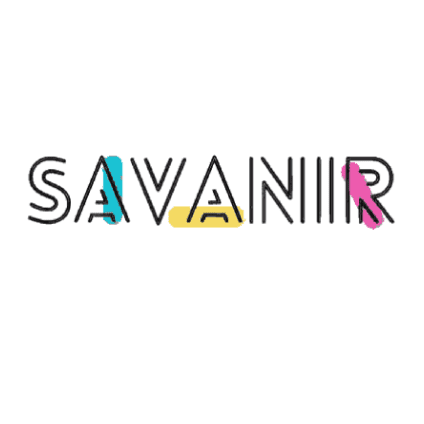
EPPIC Competition 2024 Winner – Savanir: Tackling the downstream challenge, Savanir transforms discarded plastic bottles from city streets and the Mekong riverside into fibers. Empowering women in rural areas, they provide these materials for weaving beautiful and practical bags. This initiative aims to reduce plastic waste while boosting the local economy.
Sustainable Alternatives:
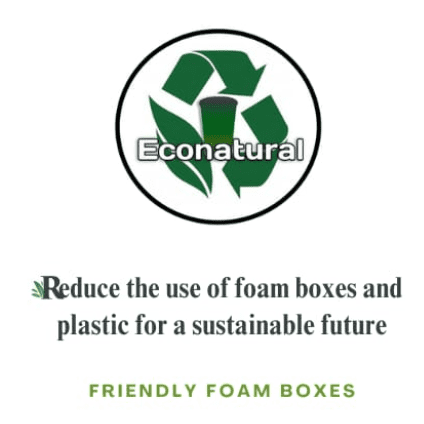
Eco Natural: This startup champions the production of food containers from sugarcane, an abundant agricultural and food waste product readily available in Savannakhet Province. Their goal is to encourage local vendors and consumers to shift towards these natural ingredient containers, thereby reducing dependence on plastic food containers.
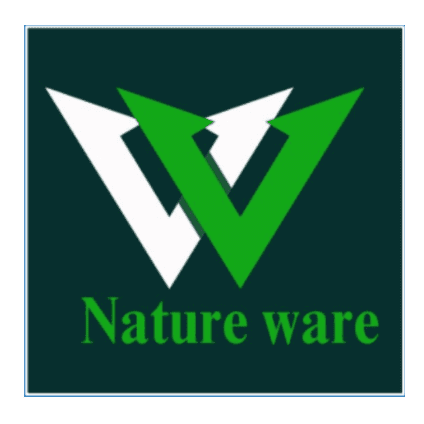
EPPIC Competition 2024 Winner – Nature Ware: Taking the lead in upstream solutions, this team creates eco-friendly food containers crafted from natural leaves. They not only manufacture the product entirely in Lao PDR, but also own the technology behind it. These alternatives aim to replace foam and single-use plastic containers, promoting human health while addressing waste pollution. Their commitment to social responsibility is evident through partnerships with local communities, ensuring fair wages and fostering favorable working conditions.
The jury selected Savanir and Nature Ware as winners of the 2024 EPPIC pitch competition.
Both winning teams received a $18,000 grant to scale their projects, along with nine months of dedicated acceleration support from Schoolab.
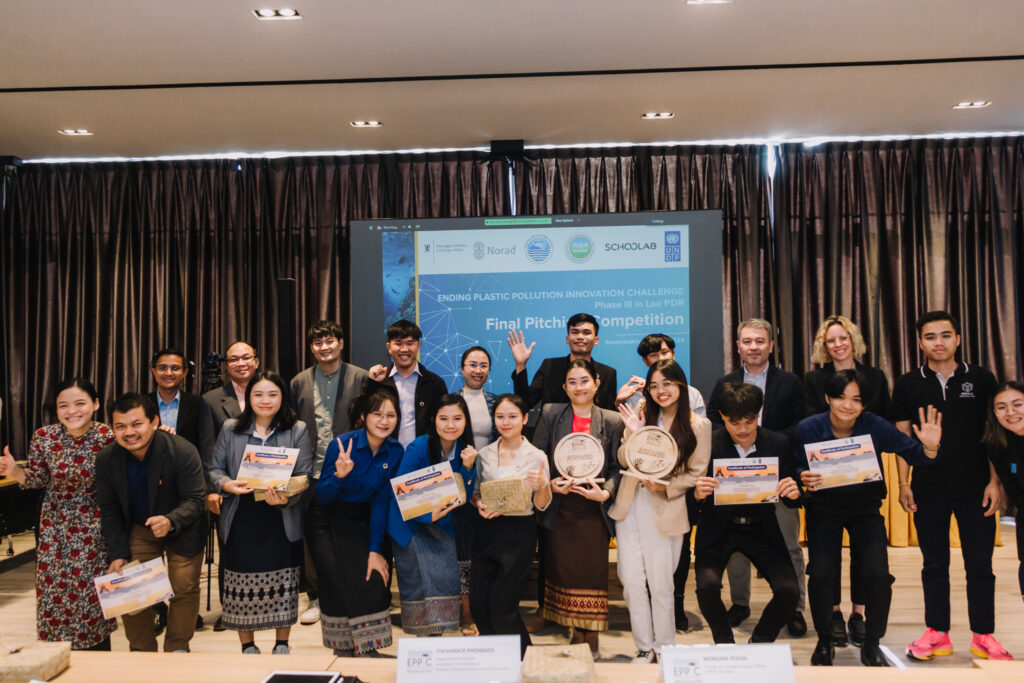
Towards the EPPIC Acceleration
As the winning teams are now moving forward with the acceleration phase of EPPIC, due to finish in July 2024, our team continues to support them in the launch of their pilot products.
With over +10.200 followers on social media, first agreements signed with local businesses and good advancements on the legal side (product certifications, partnerships with local government bodies, etc.) the future of our winners seems on the right path to success.
However, some key challenges still remain. The entrepreneurship ecosystem in Lao PDR is still not mature enough to sustain continuous support for local initiatives. Faced with the natural urgency of ensuring a daily income, early stage entrepreneurs cannot usually not commit full-time to their projects, and lack of funding and acceleration support makes it even harder for projects to grow in the long term.
Creating support communities, building physical co-working and incubation spaces, bringing investors to the local market will be key for a sustainable development of entrepreneurship in the country.
The fight against plastic pollution is also far from over, and requires to continue developing the local awareness on plastic pollution and the understanding of alternatives and solutions.
Are you looking to develop and strengthen local ecosystems in Lao PDR or other developing countries? Reach out to our team for more information and discuss collaboration opportunities.



